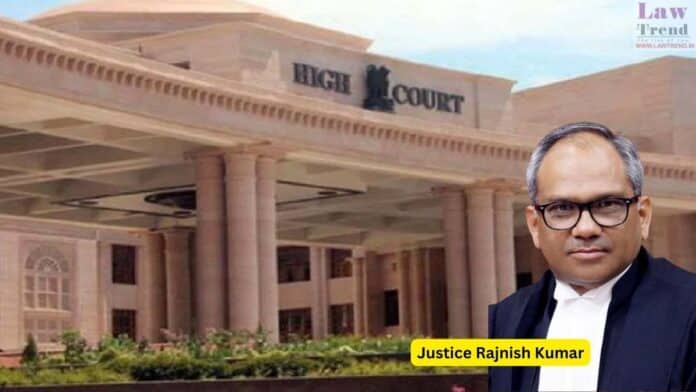The Allahabad High Court at Lucknow has quashed an order of the Additional Chief Judicial Magistrate-II, Lucknow, observing that issuance of notice to the accused without recording the complainant’s and witnesses’ statements violates the mandatory procedure prescribed under Section 223 of the Bharatiya Nagarik Suraksha Sanhita, 2023 (BNSS). Background of the Case The application under




